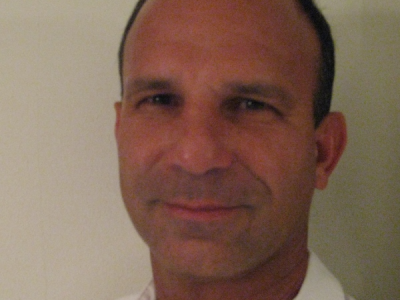
An IASH Work-in-Progress seminar, delivered by Professor Leemon McHenry (Visiting Research Fellow, 2024)
C. H. Waddington’s Theoretical Biology
Purpose in nature was banished from scientific orthodoxy with the rise of seventeenth century cosmology, including animal behavior. The mechanism vs. vitalism controversy that drew Waddington’s attention at the beginning of the 20thcentury is still very much alive in contemporary speculative biology, for example, in the orthodox view of the Modern Synthesis which views living organisms as machines. As for the question―Can living things be treated as if they are nothing but mechanisms constructed of mere material components? ―Waddington argued that living things cannot be accounted for in concepts that were formulated for the non-living world.
Organicism is a third option from viewing the universe under the ancient dichotomy of mind and matter. Biology and physics must be unified into a view that explains the evolution of life and consciousness from a very rudimentary form of sentience. The idea that nature is alive, creative and purposeful is very much the essence of Alfred North Whitehead’s “philosophy of organism.” Waddington found in Whitehead’s metaphysics the power of generalization that provided a theoretical framework and informed the direction of his scientific research on the development and evolution of organisms. Both Whitehead and Waddington’s views suggest a revolutionary change of paradigm in theoretical biology.
Please join in-person, or click the link below to join the webinar:
https://ed-ac-uk.zoom.us/j/83015772676
Passcode: b1QpaAD7
